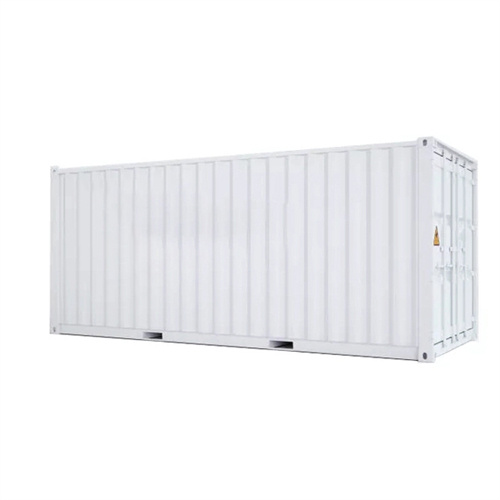Kwh energy storage cost
As the photovoltaic (PV) industry continues to evolve, advancements in Kwh energy storage have become critical to optimizing the utilization of renewable energy sources. From innovative battery technologies to intelligent energy management systems, these solutions are transforming the way we store and distribute solar-generated electricity.
6 FAQs about [Kwh energy storage cost]
Why do we use units of $/kWh?
We use the units of $/kWh because that is the most common way that battery system costs have been expressed in published material to date. The $/kWh costs we report can be converted to $/kW costs simply by multiplying by the duration (e.g., a $300/kWh, 4-hour battery would have a power capacity cost of $1200/kW).
How much does energy storage cost?
Electricity Energy Storage Technology Options: A White Paper Primer on Applications, Costs and Benefits. EPRI-1020676, Final Report, December 2010, Electric Power Research Institute, Palo Alto, California. RedT Energy Storage. 2018. “Gen 2 machine pricing starting at $490/kWh.”
How are battery energy storage costs forecasted?
Forecast procedures are described in the main body of this report. C&C or engineering, procurement, and construction (EPC) costs can be estimated using the footprint or total volume and weight of the battery energy storage system (BESS). For this report, volume was used as a proxy for these metrics.
How much does a 1 kW energy storage rebate cost?
Normalizing kp at 1 kW, the investor is entitled to a rebate of $400 for the first two kWh of energy storage, an additional rebate of $250 for the next two kWh, and a final rebate of $100 for the next two kWh, up to a duration of 6 h. Additional energy storage components corresponding to the initial 1 kW power rating do not receive any subsidy.
How do you convert kWh costs to kW costs?
The $/kWh costs we report can be converted to $/kW costs simply by multiplying by the duration (e.g., a $300/kWh, 4-hour battery would have a power capacity cost of $1200/kW). To develop cost projections, storage costs were normalized to their 2022 value such that each projection started with a value of 1 in 2022.
Are energy storage systems cost estimates accurate?
The cost estimates provided in the report are not intended to be exact numbers but reflect a representative cost based on ranges provided by various sources for the examined technologies. The analysis was done for energy storage systems (ESSs) across various power levels and energy-to-power ratios.

